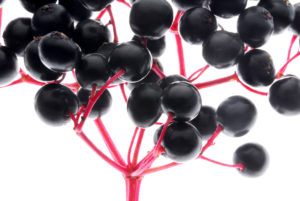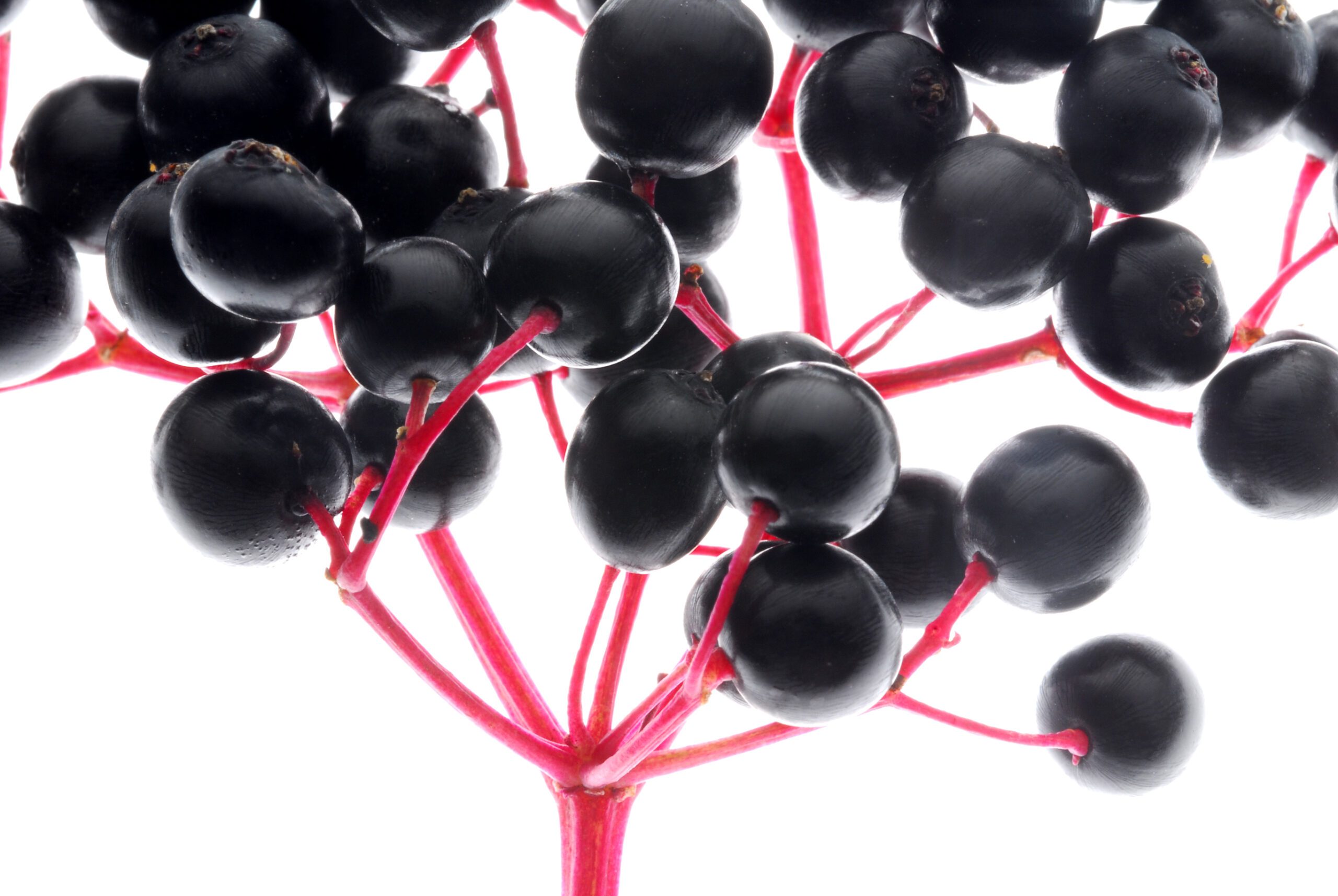 Recently I was asked if I had learned any naturopathic equivalents to the flu vaccine. She was looking for an herbal preventative during the cold and flu season that she could work into her daily life. Now, the flu vaccine has its pros and cons (which will not be discussed here), and I understood her concern. For a lot of people injecting a vaccine is just not what they want and the idea of having to get a booster every year bothers some. I will say, however, the CDC does recommend an annual flu shot for certain populations. This information is easily found on their website, here: http://www.cdc.gov/flu/about/qa/flushot.htm. As for the rest of us who feel we’re in that “should we, shouldn’t we” state of mind I turned to my mentors and when all else failed, the research.
Recently I was asked if I had learned any naturopathic equivalents to the flu vaccine. She was looking for an herbal preventative during the cold and flu season that she could work into her daily life. Now, the flu vaccine has its pros and cons (which will not be discussed here), and I understood her concern. For a lot of people injecting a vaccine is just not what they want and the idea of having to get a booster every year bothers some. I will say, however, the CDC does recommend an annual flu shot for certain populations. This information is easily found on their website, here: http://www.cdc.gov/flu/about/qa/flushot.htm. As for the rest of us who feel we’re in that “should we, shouldn’t we” state of mind I turned to my mentors and when all else failed, the research.
The Science Of It All
There’s a saying in naturopathy that to become mainstream medicine and to ditch this idea of naturopathic medicine being alternative, Naturopathic doctors need to include “Evidence Based Medicine” (EBM), something the public thinks allopathy achieves. In naturopathy the movement for research and EBM has risen considerably in the last decade and research facilities such as BIORC (Bastyr Integrative Oncology Research Center) at Bastyr University and The Helfgot Institute at the National University of Natural Medicine receive federal funding to research naturopathic therapies. Among them, the study of specific botanical treatments.
Herbalism and Evidence Based Medicine
A great feature of botanical medicine is that so much EBM exists that it can satisfy both the Eclectics and the skeptics. The best way I can describe these two groups of people is that the Eclectic knows a cup of lavender tea will calm her and the skeptic needs the research before she knows how to feel. It’s experience vs. research, the never-ending battle which naturopathy is engaged. One of my favorite branches of botanical medicine is ethnobotony, the study of how cultures and communities have historically used a plant. Ethnobotony investigates how herbs were used therapeutically, medicinally, and spiritually. It is the epitome of using experience as a form of EBM.
An Ethnobotanist, Naturopathic Doctor, and a Researcher Walk into a Bar…
Research and experience are all well and good but the average patient just wants to know what will make them feel better and stay healthy. And so this takes us back to the original question- what can I do for the flu prophylactically or if I’m already sick?
Some of us already know that when we take Elderberry syrup or tea we feel better. However, back in 2009 when we were experiencing the H1N1 outbreak a study regarding the medicinal properties of Elderberry (Sambcus nigra) was released. The purpose of this study was to investigate the effect of Elderberry flavonoids (natural and synthesized) on the flu virus, specifically H1N1. They were able to show “the synthesized compounds, as well as the elderberry extract, inhibit H1N1 infection by binding to the viral envelope. This binding mechanism subsequently blocks the ability of the H1N1 virons to bind to, and consequently enter cells”[i]. Not only were they able to prove this in multiple methods of experimentation, the researchers compared their results to those of the two most commonly used flu vaccines: Tamiflu® and Amantadine, with great results. In focus forming inhibition assays against the H1N1 virus they showed that elderberry extracts and the individual flavonoids within the extracts had anti-viral properties that were equivalent or in some cases stronger than those produced by the vaccines.
This meant two things for the medical and lay community. First, Elderberry extract and its flavonoids, if taken when the person is not ill, have the ability to prevent infection by the flu virus. Second, if a person is already sick Elderberry can slow infection and speed recovery time by initiating an immune response as well as reducing the virus’ ability to get into cells.
An old school herbalist may say that research was unnecessary to show the effect of Elderberry but to say that Herbalists and Naturopathic Doctors don’t use research is a very common misconception. In Hoffman’s text “Medical Herbalism” he cites multiple research articles to emphasize Elderberry’s effect on cell membranes, cytokine production, and it’s “antiviral activity against influenza types A and B in both vivo and vitro, and against herpes simplex type I in vitro”[ii].
Where do I get Elderberry?
After learning of these properties of Elderberry my first thought was “where do I get some of that and how do I take it?” But before hoards of us start depleting the Elderberry supply I want to emphasize something about the purchasing of herbs:
- Buy sustainably.
- Buy organic.
- If at all possible, buy wildcrafted or wildcraft your own (this means you know the rules of wildcrafting and you’re able to ID plants!).
As for what form and dosage for you to take, that’s for you and your doctor to decide.
A Few Last Words
Whichever school of thought you belong to, the feelers or the researchers (or maybe a little of both) the flu should not be taken lightly and in the spirit of naturopathic medicine the treatment of the flu should be individualized, regardless and in consideration of research and evidence. This means I encourage you to do your own research and consult your doctor before trying anything to prevent or treat the flu. Do not assume something that works for someone else will work for you.
In health,
Stephanie Culver, ND
Resources
- Hoffmann, David. Medical Herbalism: The Science and Practice of Herbal Medicine. Rochester, Vermont. Healing Arts Press, 2003. Print.
- Natural Medicines Comprehensive Database. Elderberry monograph. Accessed September 25th, 2016. http://naturaldatabase.therapeuticresearch.com/home.aspx?cs=&s=ND
- Roschek Jr, Bill, et al. Elderberry flavonoids bind to and prevent H1N1 infection in vitro. Vol 70 (10), July 2009. Pp 1255-1261.
- Tilgner, Sharol. Herbal Medicine: From the Heart of the Earth, 2nd Pleasant Hill, Oregon. Wise Acres, LCC. 2009. Print.
- Watson, Lisa, ND. http://www.drlisawatson.com/elderberry-flu-fighting-fruit
- Image from http://savidasangria.com/
[i] Roschek Jr, Bill, et al. Elderberry flavonoids bind to and prevent H1N1 infection in vitro. Phytochemistry. Vol 70 (10), July 2009. Pp 1255-1261.
[ii] Hoffmann, David. Medical Herbalism: The Science and Practice of Herbal Medicine. Rochester, Vermont. Healing Arts Press, 2003. Print.

